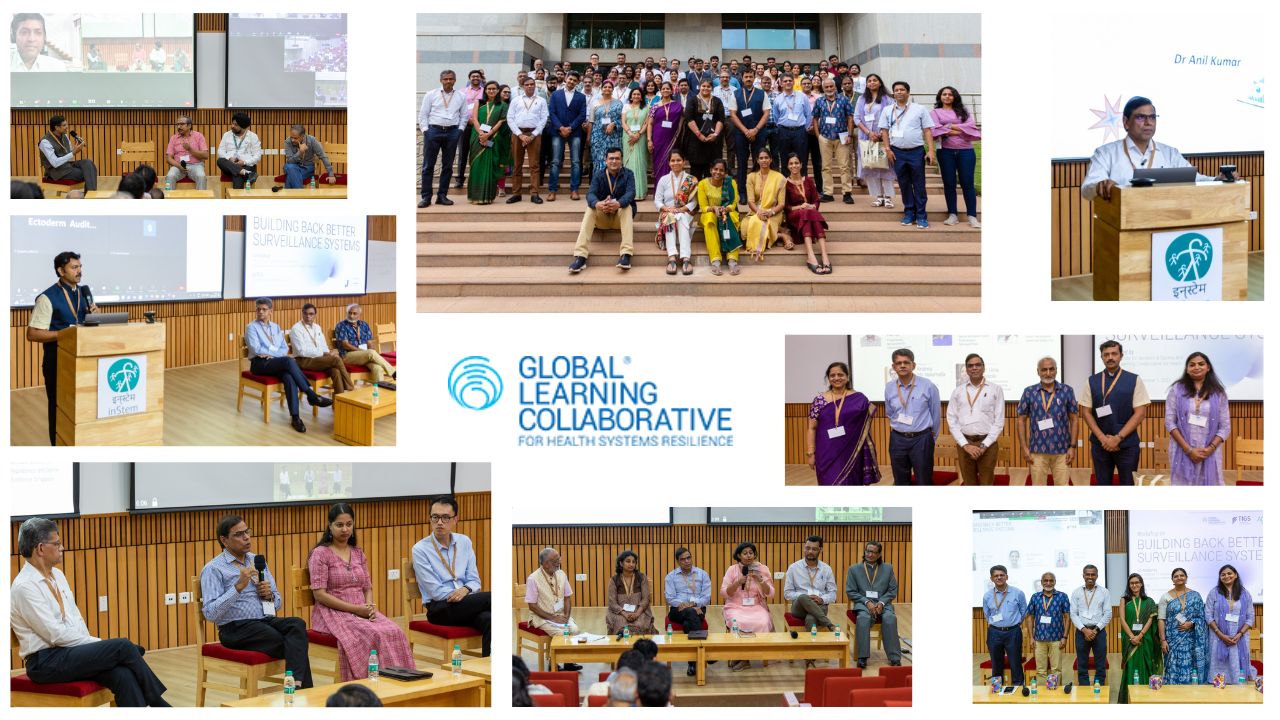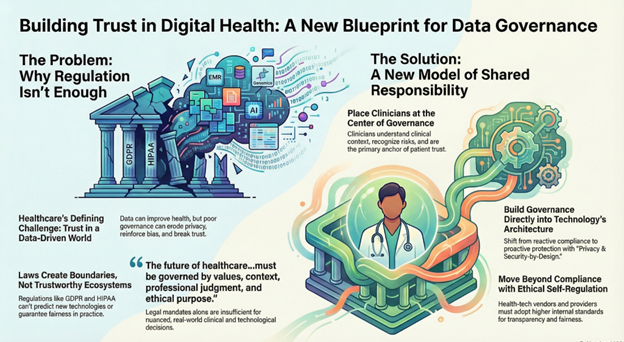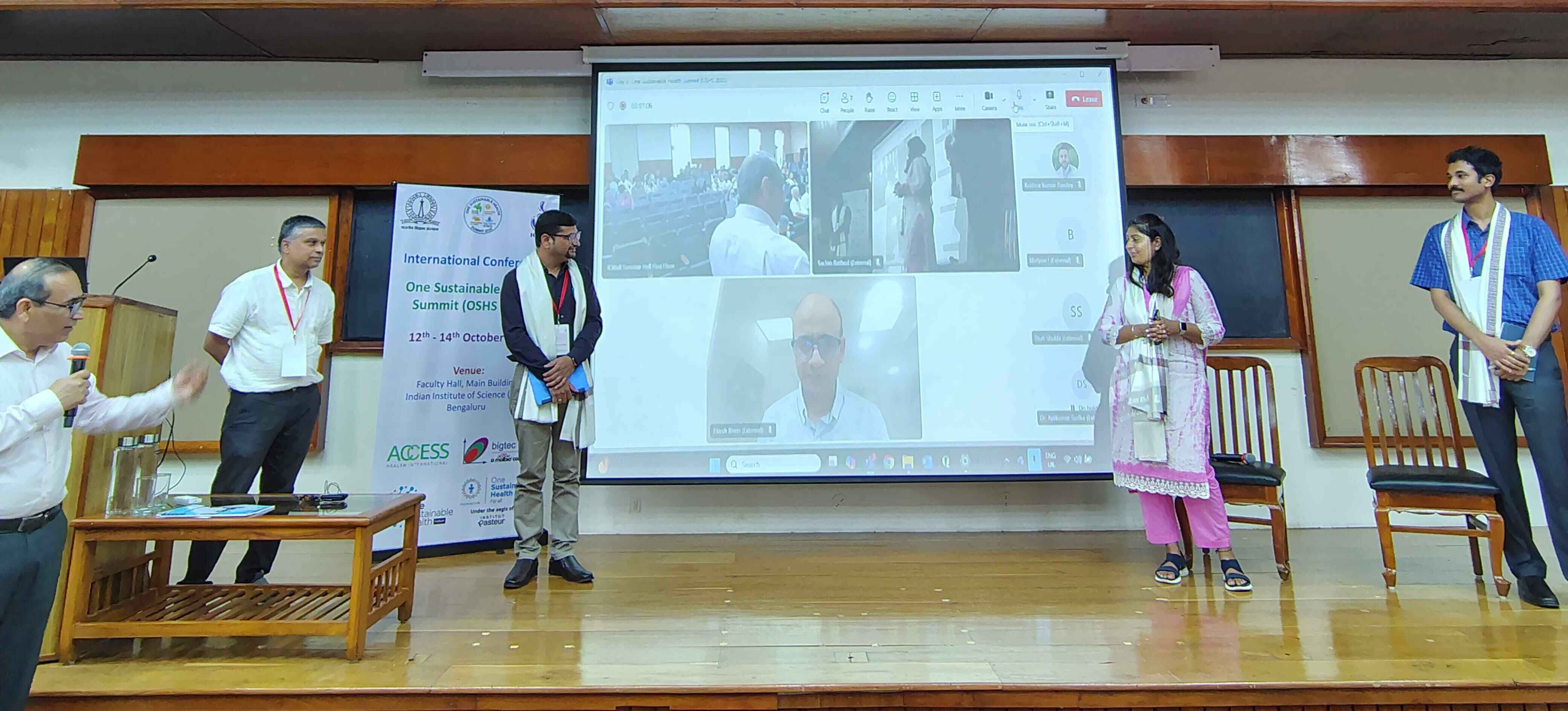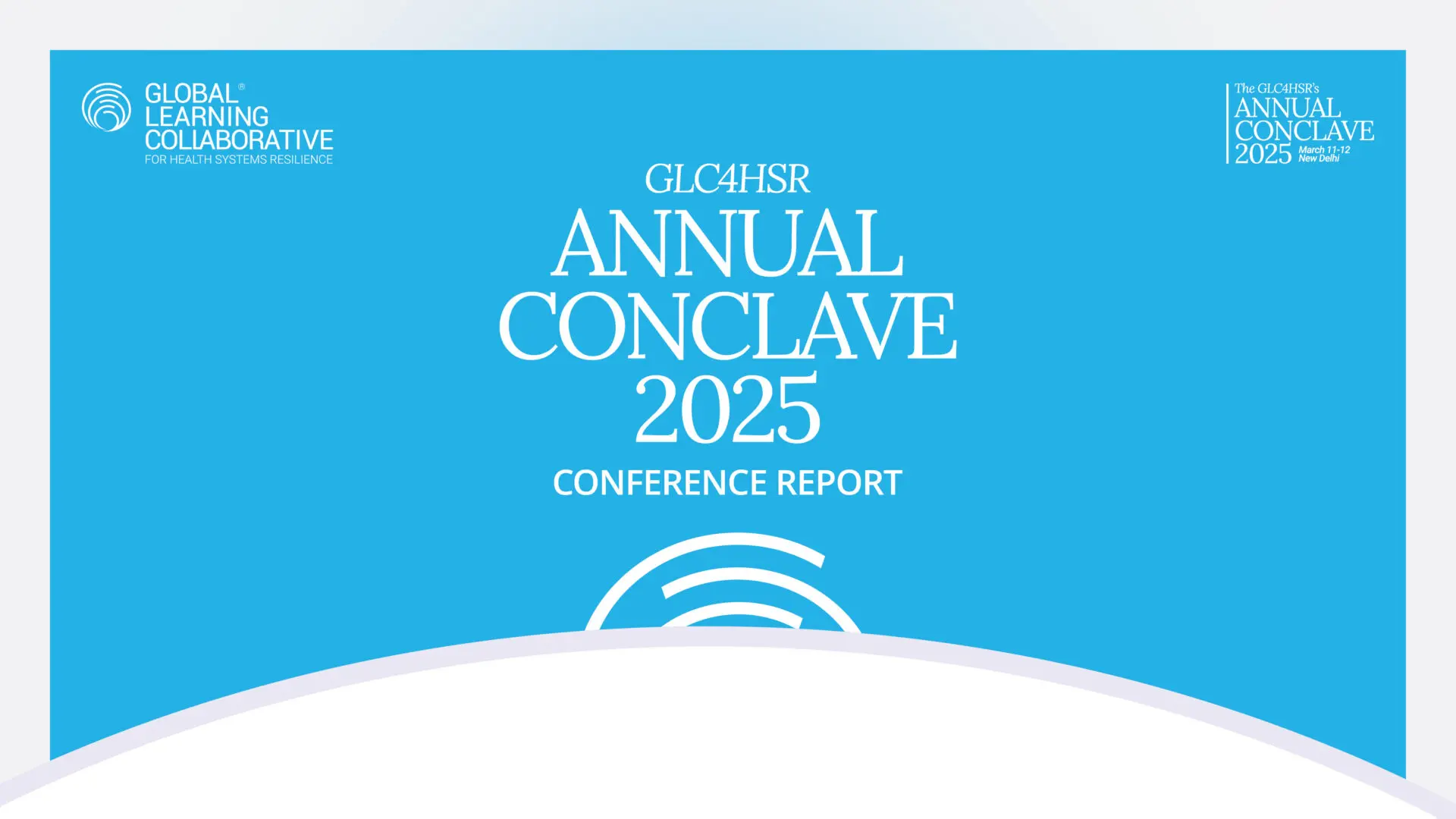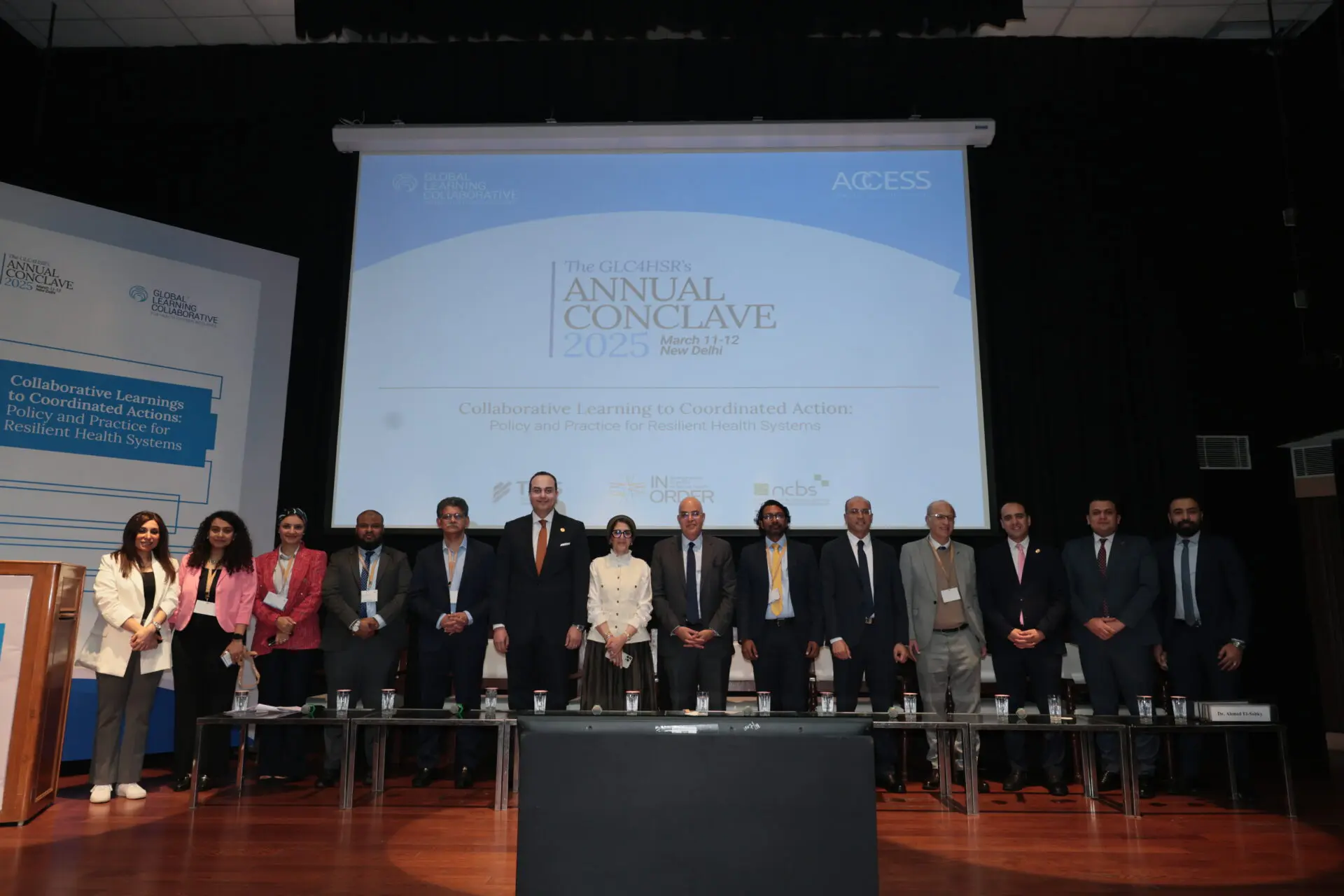GLC4HSR and TIGS hold a workshop on reforming surveillance systems
Updates ▪ Sep 20, 2023
The GLC4HSR held a two-day workshop titled “Building Back Better Surveillance Systems”, co-organised with the Tata Institute for Genetics and Society, India (TIGS) in the TIGS campus in Bengaluru. With over 100 in-person attendees and over 60 online attendees, the workshop was an enriching experience, and a successful knowledge-sharing initiative.
The workshop proceedings can be found HERE.
The event brought together experts from various fields to discuss the critical importance of enhancing surveillance systems in today’s evolving landscape. It explored innovative surveillance strategies, the use of emerging technologies to improve surveillance and the growing importance of “One Health” to ensure that surveillance systems are integrated into mainstream surveillance practices and can serve society responsibly.
Some key takeaways include:
There is a need to further strengthen and integrate wastewater surveillance
Harnessing big data responsibly and ethically to strengthen surveillance
We need to be cognizant of the domino effect of human health practices on climate and nature and the long-term repercussions they bring
Careful intricacies need to be considered when approaching public health through the policy route especially as we look at the inter-functioning of the multiple departments and functions
The two-day workshop marked a significant step towards strengthening surveillance systems in a post-pandemic era. It dived deep into surveillance systems through the perspective of lessons gleaned from recent pandemics. Engaging presentations on innovative use of newer surveillance methods were complemented by in-depth panel discussions that delved into the strengths and weaknesses of these approaches. The event witnessed collective efforts aimed at building better surveillance systems that seamlessly integrated technological innovations.
The inaugural session was honored by the presence of Dr. K.V. Thrilok Chandra, Special Commissioner (Health) of Bruhat Bengaluru Mahanagara Palike. BBMP has consistently been at the forefront of utilizing innovative surveillance techniques, such as wastewater surveillance, to monitor the spread of infections and implement appropriate public health measures to contain diseases. Dr. Anil Kumar, Principal Advisor at the National Centre for Disease Control, Union Ministry of Health & Family Welfare, also delivered a keynote address, offering a comprehensive assessment of the current state of surveillance systems in India.
The heart of the event was the four engaging panel discussions, covering topics of utmost relevance to modern-day surveillance practices. These discussions were an integral part of broader efforts to strengthen health systems.


